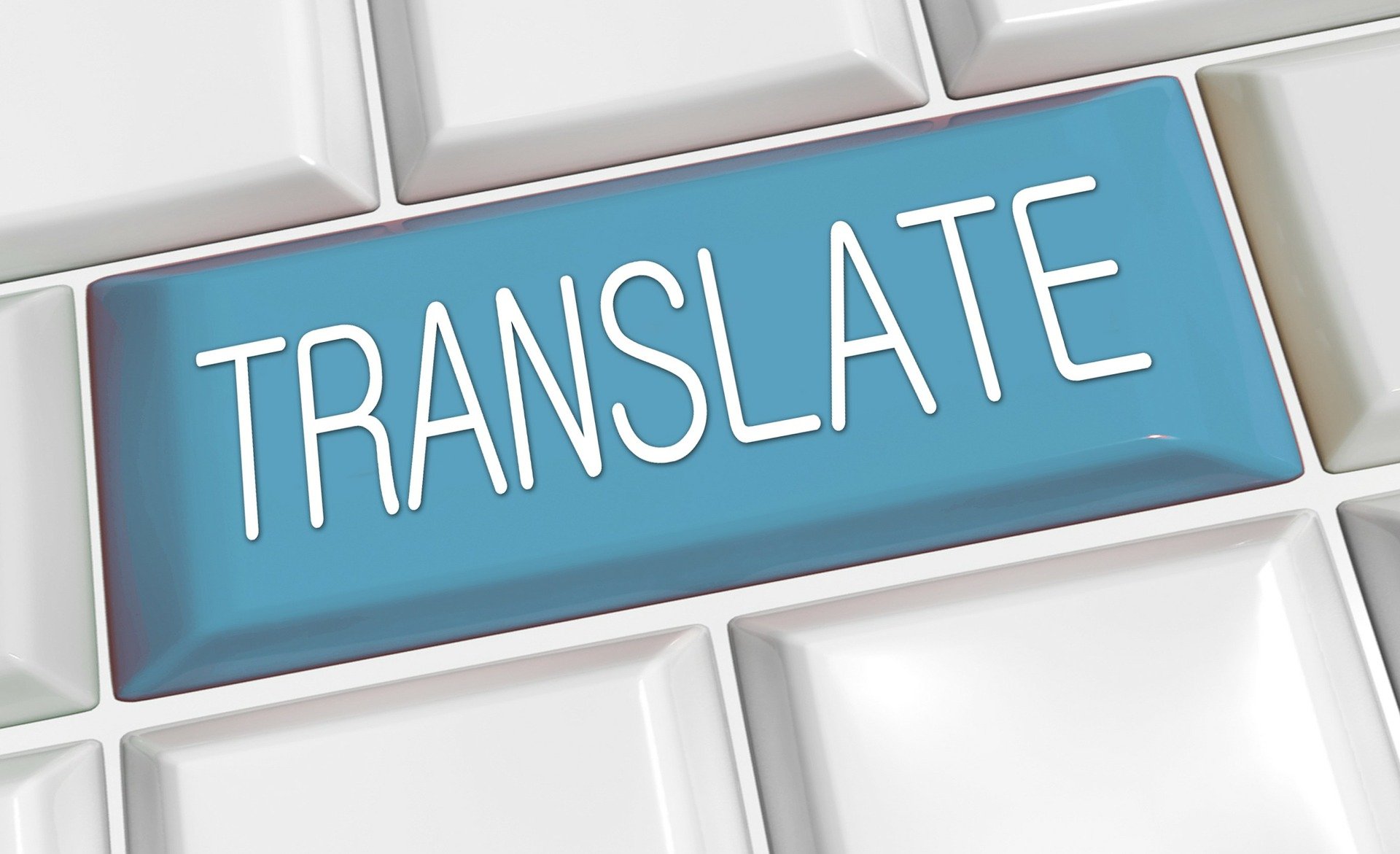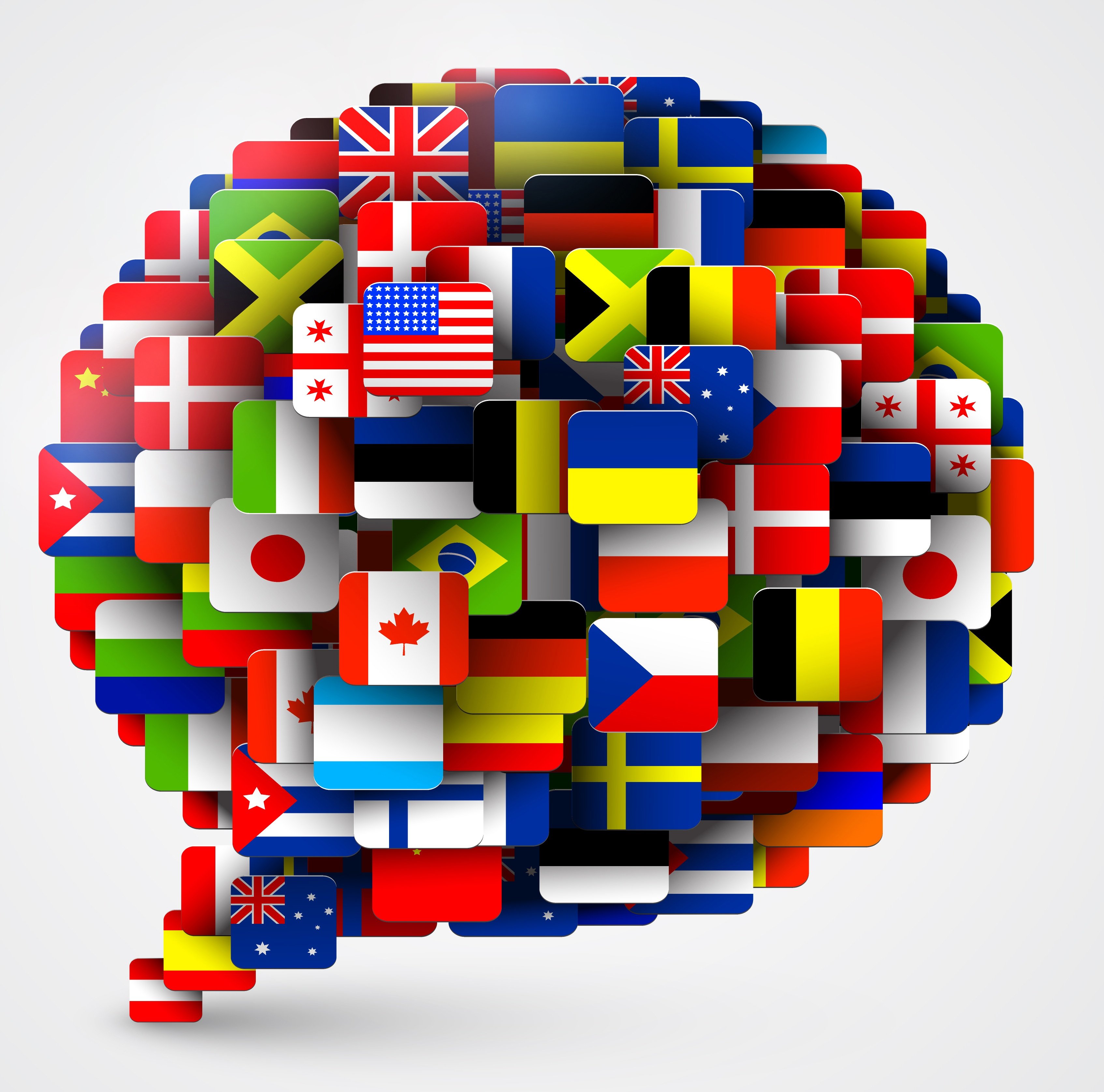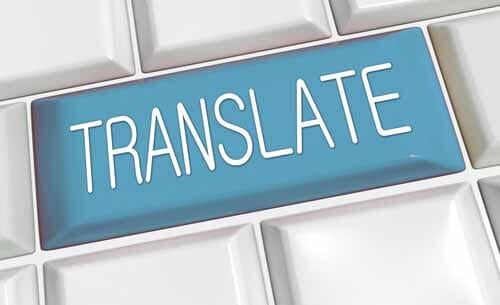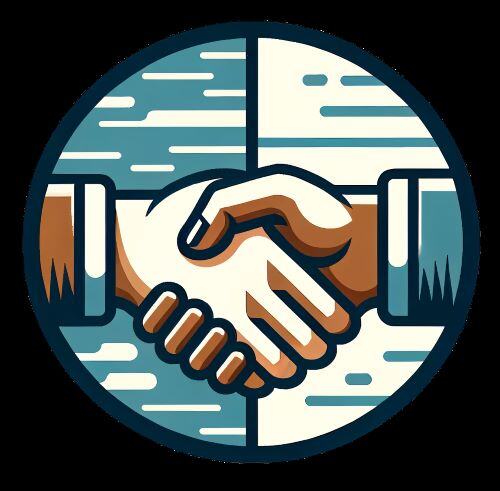Listen to Audio Version:
“My goal is to speak 150 words in as many languages as possible,” says Zach Selch, Principal at Global Sales Mentor and a recent guest on The Global Marketing Show podcast. Yet, when traveling for business he uses those 150 words solely for communicating with taxi drivers, ordering at restaurants, and to socialize. “It’s so difficult to speak business in another language,” he says, that “I don’t do it because of the risk of mistakes.”
Zach is a specialist in international sales, with an approach informed by his military service. “Sales is the infantry” and “marketing is the artillery,” he says, and you need both to be successful in growing international business. Global Sales Mentor will act as your company’s representative, whether that means building a local sales force, finding a distributor, or managing the entire sales effort. He has worked with many companies and has witnessed the most common mistakes companies make, like:
-
Entering the wrong market – Without a deliberate strategy and the right connections, the expansion effort will fail.
-
Hiring the wrong distributor – Take the time to find a distributor that is the right size, has the relevant experience and connections, and demonstrates the ability and interest in showcasing your product as a primary one, not a secondary one.
-
Having remote teams manage sales or companies think that they can sell from afar – It takes “boots on the ground” to stay in touch with the local market.
-
Not meeting in person – Even though technology allows for remote meetings, companies that take the time and spend the money to get people together physically do better.
Most importantly, establish trust – people buy from people they trust.
Zach specializes in products and services with a higher value point so trust between buyer and seller is vital to making the sale. No one in the world will make expensive purchases without trust.
Yet, trust forms in different ways across cultures. Zach describes it as a sliding scale – specific cultures will commit at different points. Americans tend to trust quickly and may even spend $6,000 on an online purchase if they recognize the brand and URL, whereas in Nigeria, trust is slower – Nigerians want to work with a salesperson with whom they’ve developed a relationship. As an international company, understanding how trust is built within your target market supports the buyer’s journey.
Use the following strategies to build trust with your intended clientele, says Zach:
- Provide accurate translation! If people cannot understand you, they will not buy. CSA Research’s “Can’t Read, Won’t Buy“ series found that 75% of buyers want reviews in their own language and 40% will not buy unless content is in their own language.
- Make the right information accessible at the right time. Provide access to asynchronous information, whether for research, marketing, or sales, and to a qualified, trustworthy person to successfully close sales.
- Be creative with your in-country client support. At times, for example, Zach will hire a local resident to initiate phone conversations with high-level C-suite contacts.
Read more about How Leaders Around the World Build Trust Across Cultures (Harvard Business Review, May 27, 2019).
Zach sometimes sees companies try to save money on translation by asking their distributors to do their translation. This can be a huge mistake, because they’re your hired salesforce – they may speak English well enough to converse but lack the grammar and writing skills of a professional translator. Additional adverse effects include:
- Inaccurate information released into the marketplace.
- Loss of productive selling time, on work that may ultimately be substandard.
- “Message creep” – an installation into 100 sites gets inflated to 1,000 sites, for example.
- Misrepresentation of company offerings.
Zach has even seen distributors drop the warranty information from a translation so they can charge clients for repairs. He adds that “it’s just poor sales leadership to have your distributors translate your materials,” because you risk accuracy, and you are not allocating your team’s time wisely.
He instead advises clients to look at the costs of bad translation. First assess the value of the market and then consider how much it will set you back in lost effort and lost revenue if a project fails or gets delayed. The right translator will fully understand both source and target languages, have experience with the subject matter, and pay close attention to details.
Consider the $3 million proposal that would take $200 to translate: “Is it worth risking the revenue to save costs on translation?” He has seen too many companies blow opportunities by trying to save costs on translation.
Finally, Zach stresses the importance of good verbal language support. In addition to professional translators for written material, he relies on professional interpreters for spoken communications. Over time you’ll be better able to judge your language requirements; for example, in the Middle East, Zach can speak English and be understood, yet in Latin America and Asia, he hires interpreters to make sure he is clear.
In one instance, a distributor’s misstep botched a sale. Zach preemptively told his interpreter: “Do not soften what I am going to say, I am going to be rude.” He paid $200 for an interpreter who could deftly convey, in his own “voice,” what exactly went wrong in the $4 million sale, keeping the lines of communication open while averting future mistakes.
As a professional sales expert, Zach says that he considers the ROI on every investment. To build trust and initiate or grow successful global sales, have a strategy, enter the right markets, and hire language professionals for accurate communication.
About the Author - Hannah Pentz
Hannah Feldman Pentz is an experienced marketer and content communicator, especially for professional services, B2B, and inbound marketing. She has extensive experience working with management consulting firms, helping them to create and implement marketing plans geared toward Fortune 500 global companies, as well as smaller non-profits. A graduate of Vassar College, (BA English) Hannah and her family live in the Boston area.
Rapport International specializes in multilingual communications, providing language translation and interpretation services that are accurate and culturally appropriate. We use the right voice and the correct terminology to avoid liability, customize services to your needs, and deliver on time and within your budget. With our 100% satisfaction guarantee, you can trust that it’s done right. Contact us today if you would like more information or to get a free quote.
Popular Posts
Popular industry news, interviews, technologies, and resources.

















